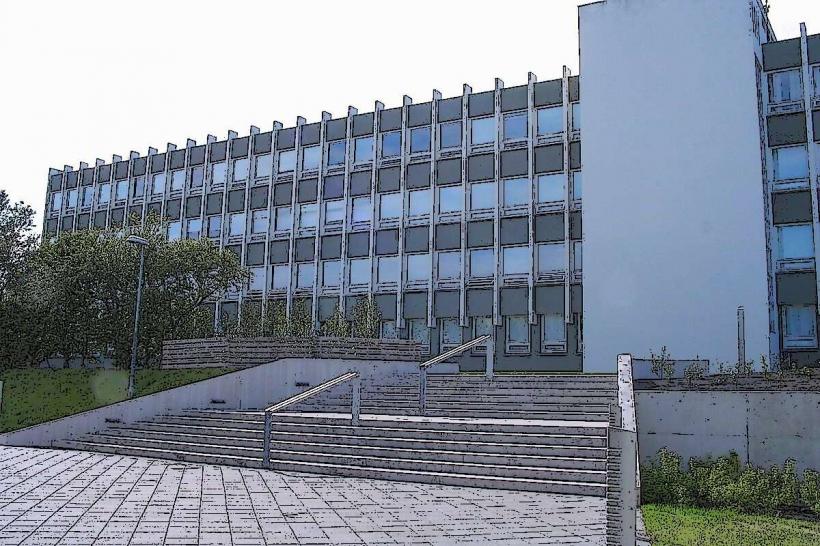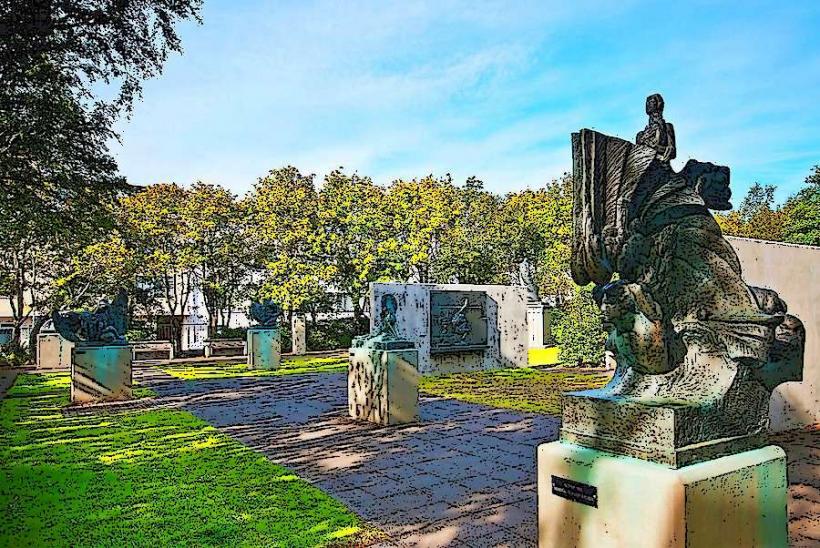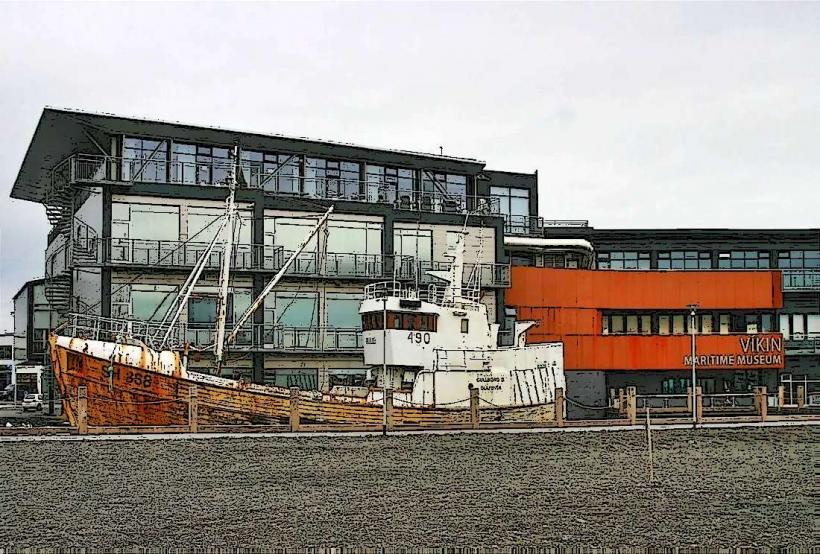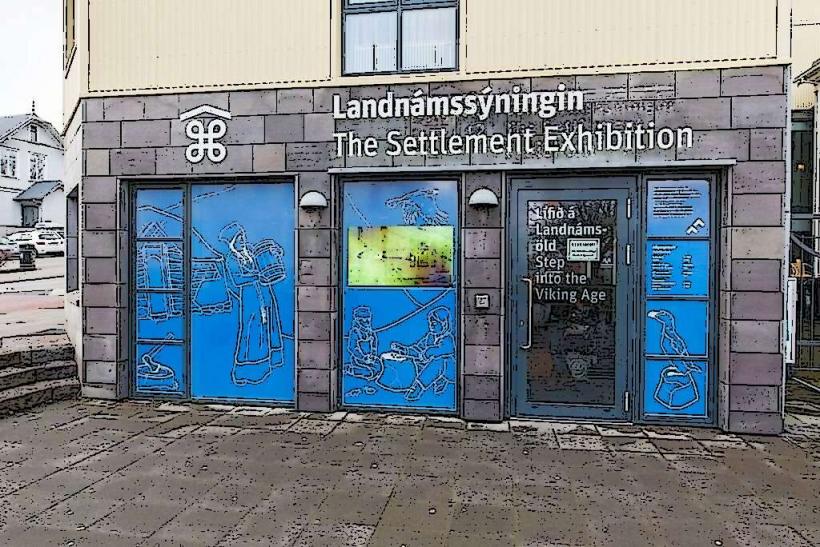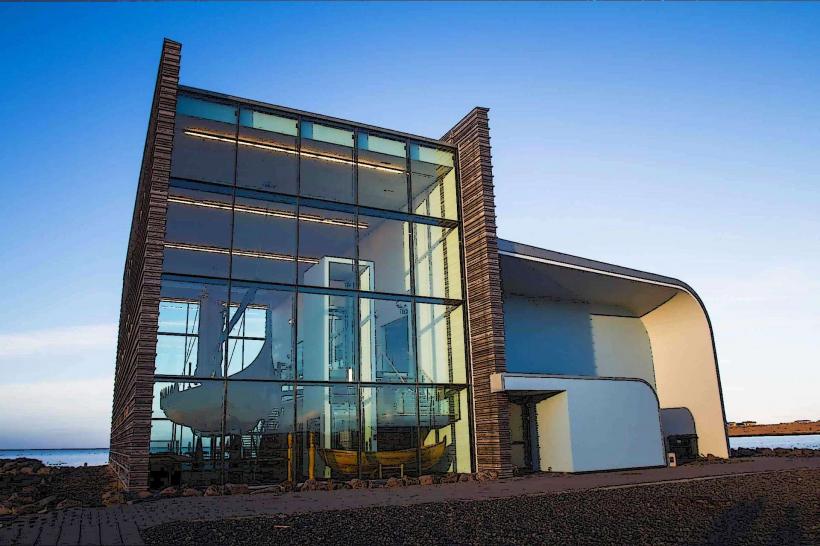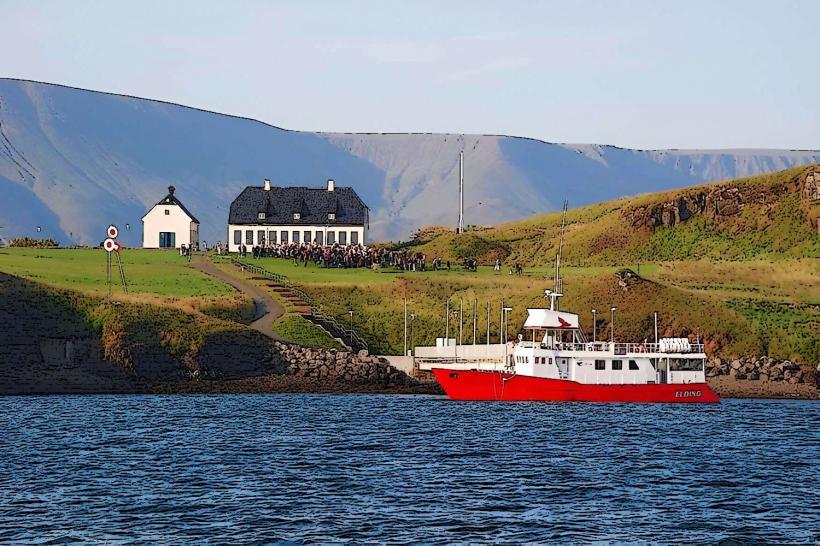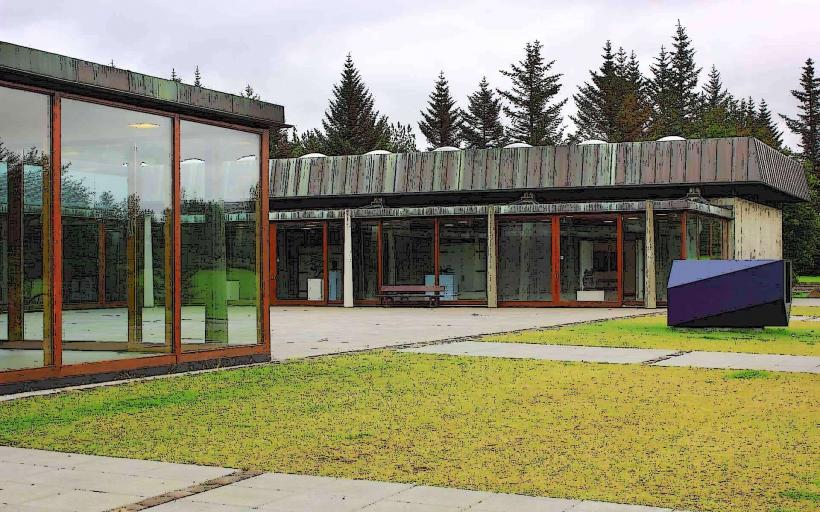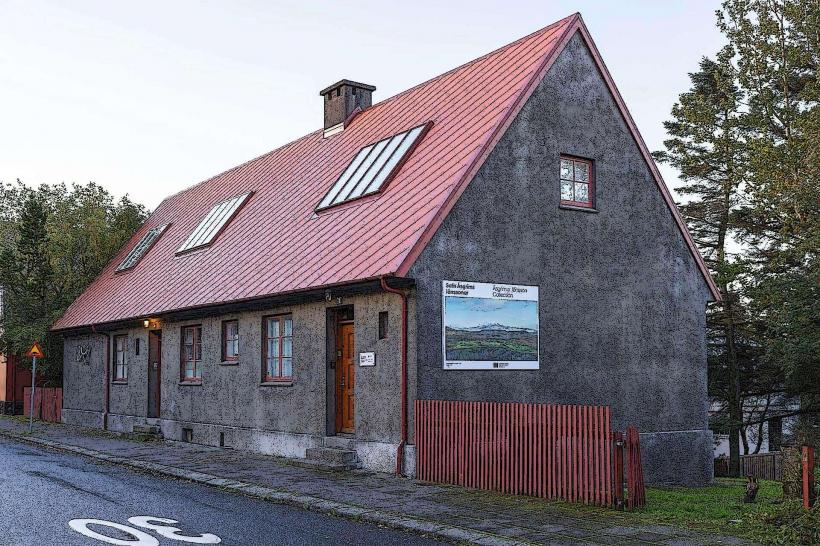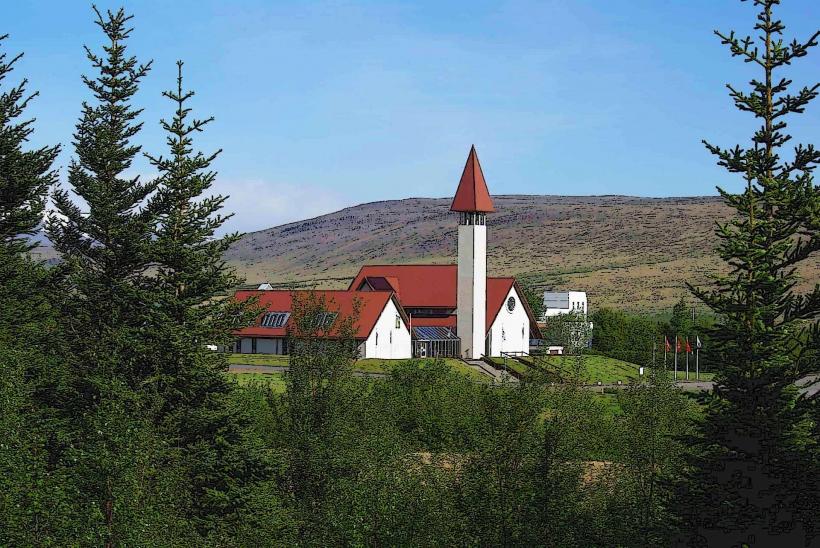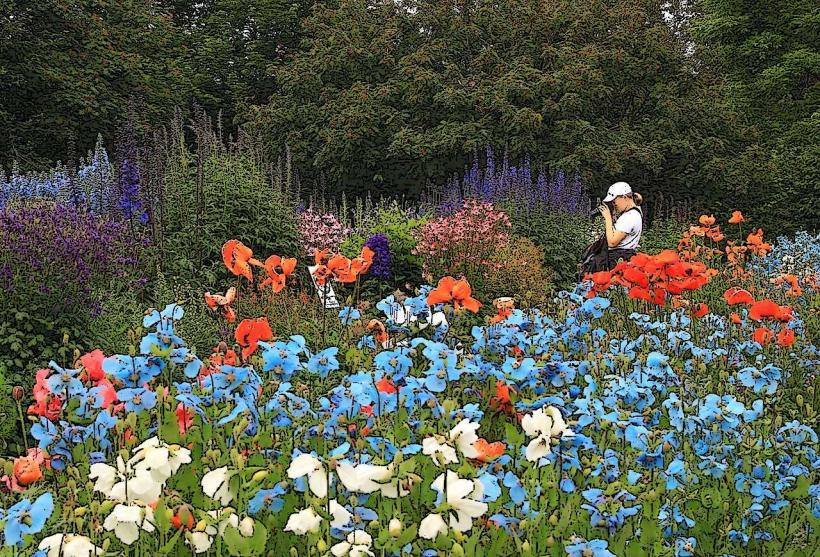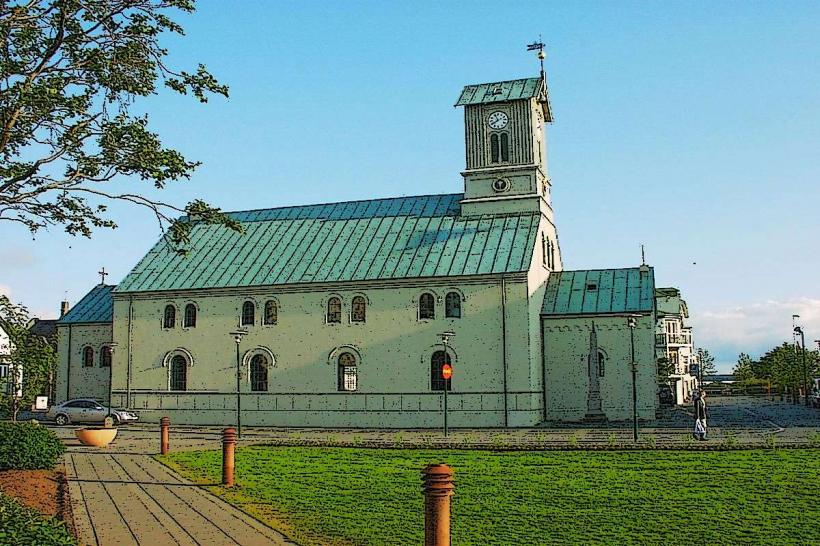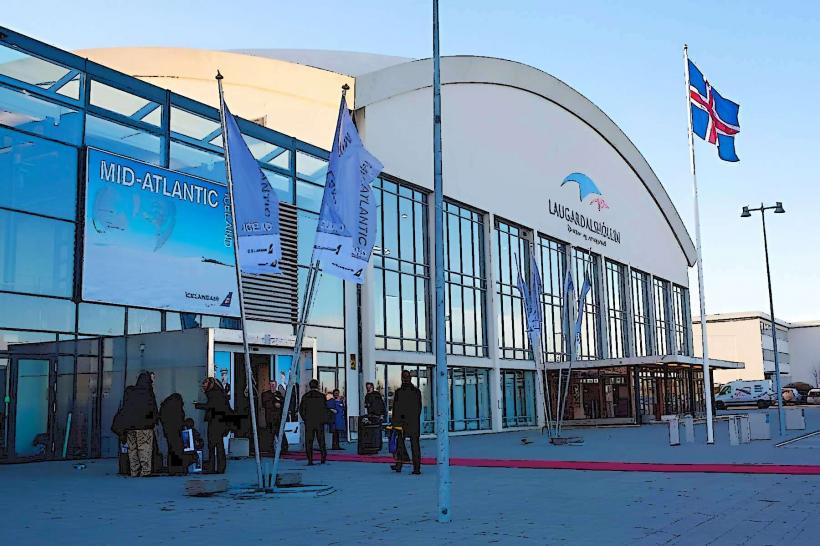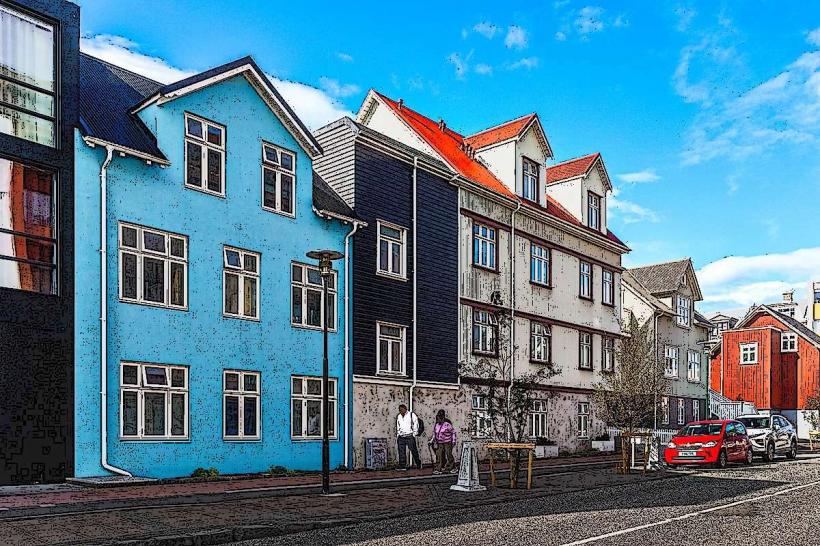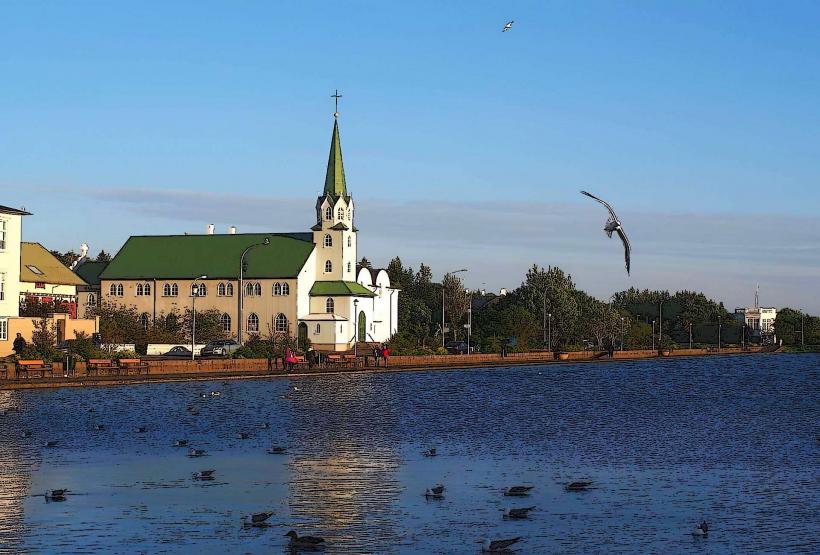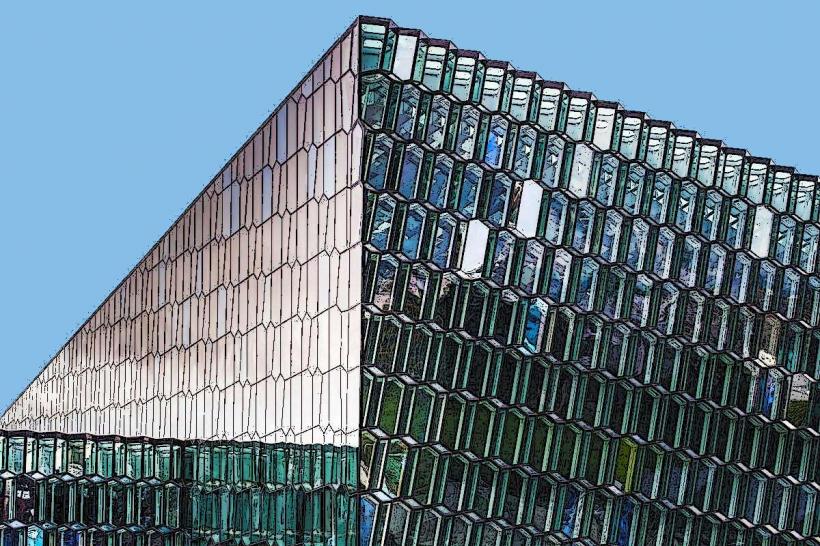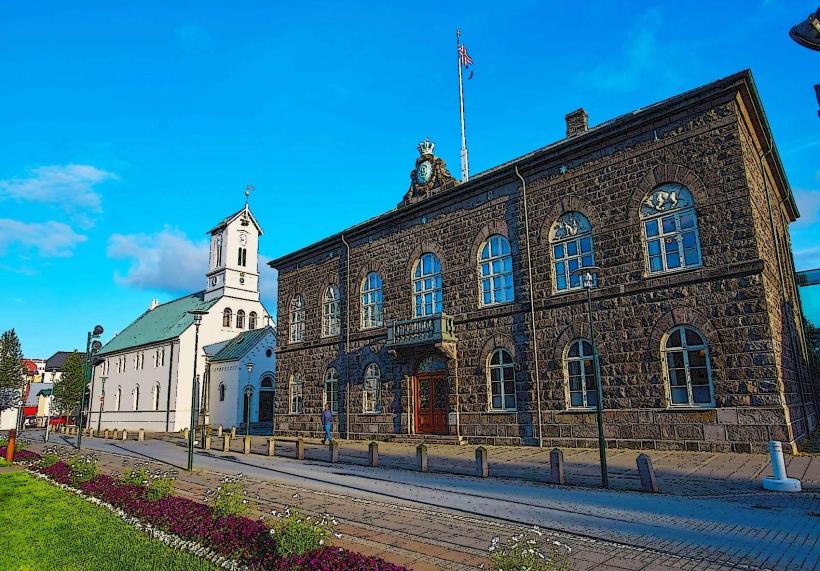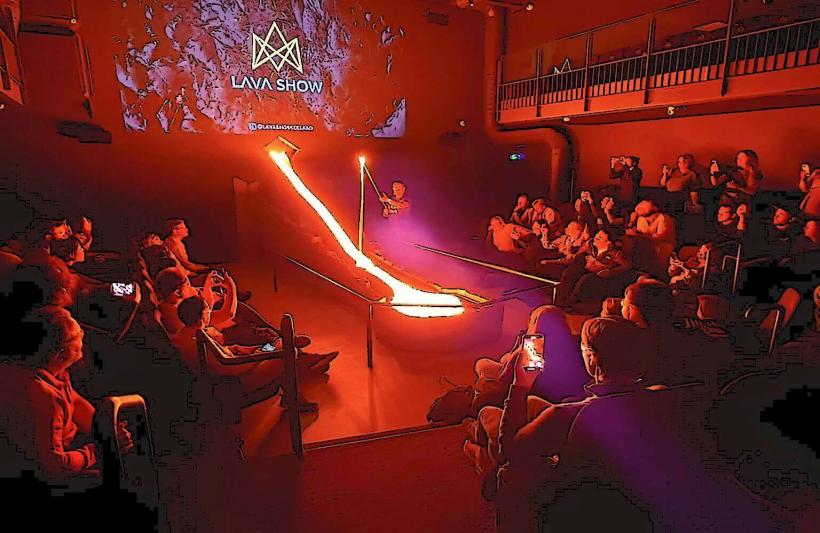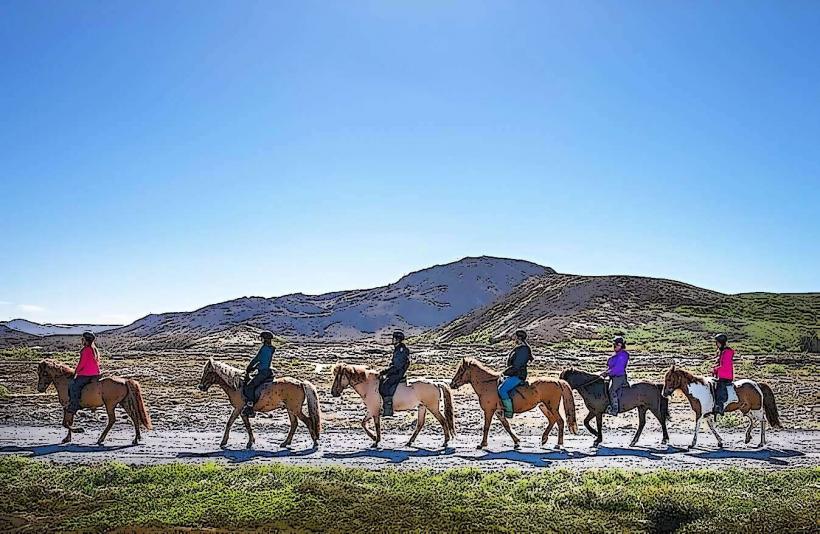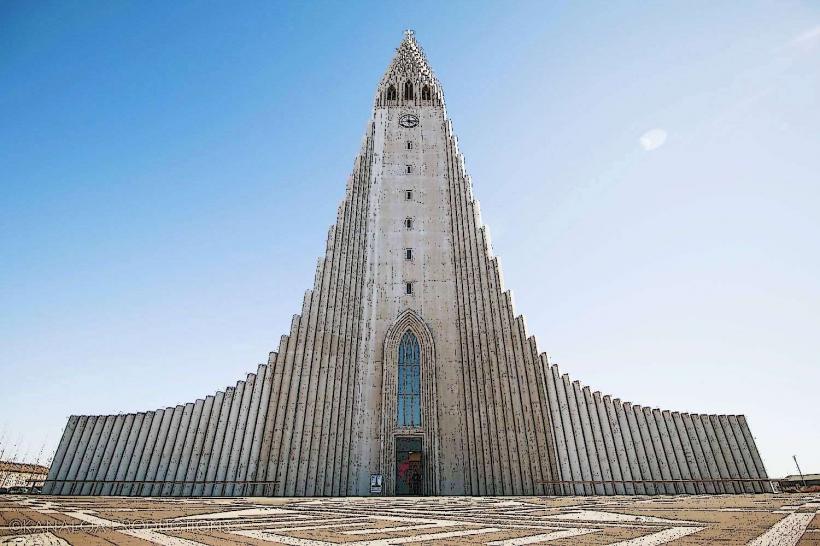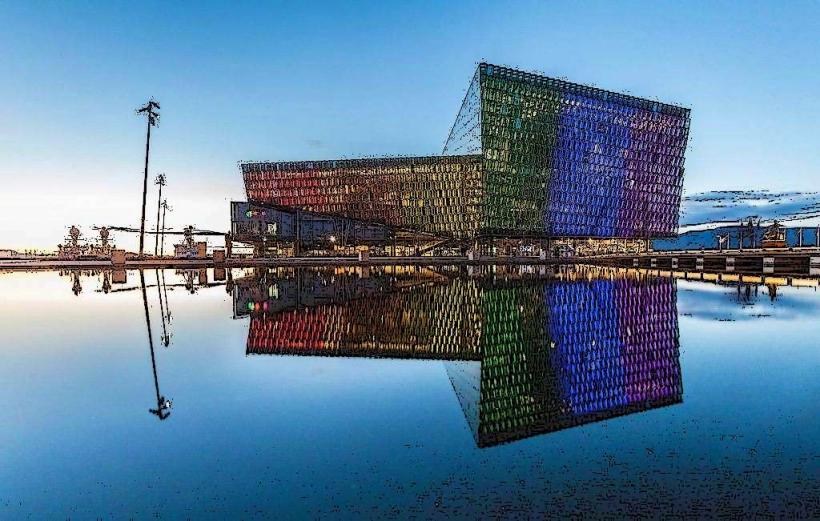Information
Landmark: Árbæjarsafn (Árbaer Open Air Museum)City: Reykjavik
Country: Iceland
Continent: Europe
Árbæjarsafn (Árbaer Open Air Museum), Reykjavik, Iceland, Europe
Árbæjarsafn is an open-air museum showcasing traditional Icelandic buildings and lifestyle. It is located in the Árbær district of Reykjavik, Iceland.
Visual Characteristics
The museum comprises over 20 historical buildings, relocated and reassembled to form a village, a farm, and a church. Structures include turf farmhouses with grass roofs, timber houses painted in traditional colors like red, green, and white, and corrugated iron-clad buildings. The overall appearance simulates a historical Icelandic settlement, with varying heights and architectural styles reflecting different periods from the 18th to the 20th century.
Location & Access Logistics
Árbæjarsafn is situated at Kistuholt 1, 110 Reykjavík. It is approximately 7 kilometers east of Reykjavik city center. Access by car is via Vesturlandsvegur (Route 1) or Bústaðavegur, turning onto Árbæjarþvervegur and then Kistuholt. Ample free parking is available on-site. Public transport options include bus lines 5, 16, and 19, with stops located within a short walking distance of the museum entrance.
Historical & Ecological Origin
The museum was established in 1957 to preserve Reykjavik's architectural heritage. The buildings themselves were constructed between the 18th and 20th centuries, with the oldest structure, the original Árbær farmhouse, dating back to 1791. Each building was carefully dismantled from its original location within Reykjavik or its surroundings and re-erected at the museum site, serving its original purpose as a dwelling, workshop, or community building.
Key Highlights & Activities
Visitors can explore the various historical buildings, including the turf farm, the church, and the urban houses. Guided tours are available during peak season, providing insights into Icelandic history and daily life. Seasonal events, such as craft demonstrations, traditional Icelandic food tastings, and folk dancing, are regularly scheduled, particularly during the summer months. The museum grounds also offer walking paths between the different sections.
Infrastructure & Amenities
Restrooms are available on-site, including facilities for disabled visitors. Limited natural shade is provided by trees and buildings. Cell phone signal (4G/5G) is generally strong throughout the museum grounds. A café, Dillon Restaurant, is located within the museum area, offering light refreshments and meals. A gift shop is also present, selling Icelandic crafts and souvenirs.
Best Time to Visit
The museum is open year-round, but the full experience with all buildings open and staff in period costumes is typically available from June 1st to August 31st. During these summer months, the weather is milder, and daylight hours are extended. For photography, early morning or late afternoon light provides softer illumination of the buildings. Weekdays generally offer fewer crowds than weekends.
Facts & Legends
The museum's name, Árbæjarsafn, translates to "River Farm Museum," referencing the original Árbær farmhouse which stood on the banks of the Elliðaár river. This farmhouse is the only building on the site that was not relocated, standing in its original position since 1791. It served as a working farm until the mid-20th century before becoming the nucleus of the open-air museum.
Nearby Landmarks
- Elliðaárdalur Valley: 0.5km West
- Árbæjarlaug Swimming Pool: 1.5km North-East
- Fylkisvöllur Stadium: 1.8km North
- Smáralind Shopping Center: 4.5km West

